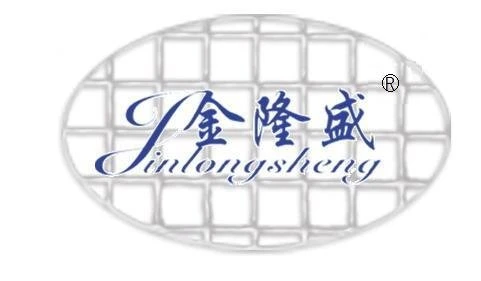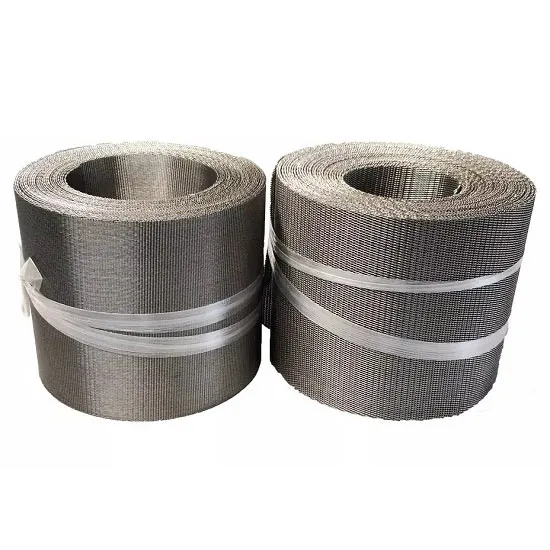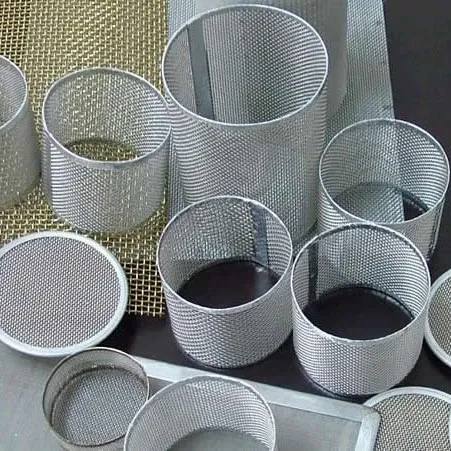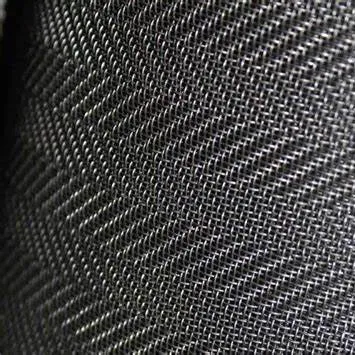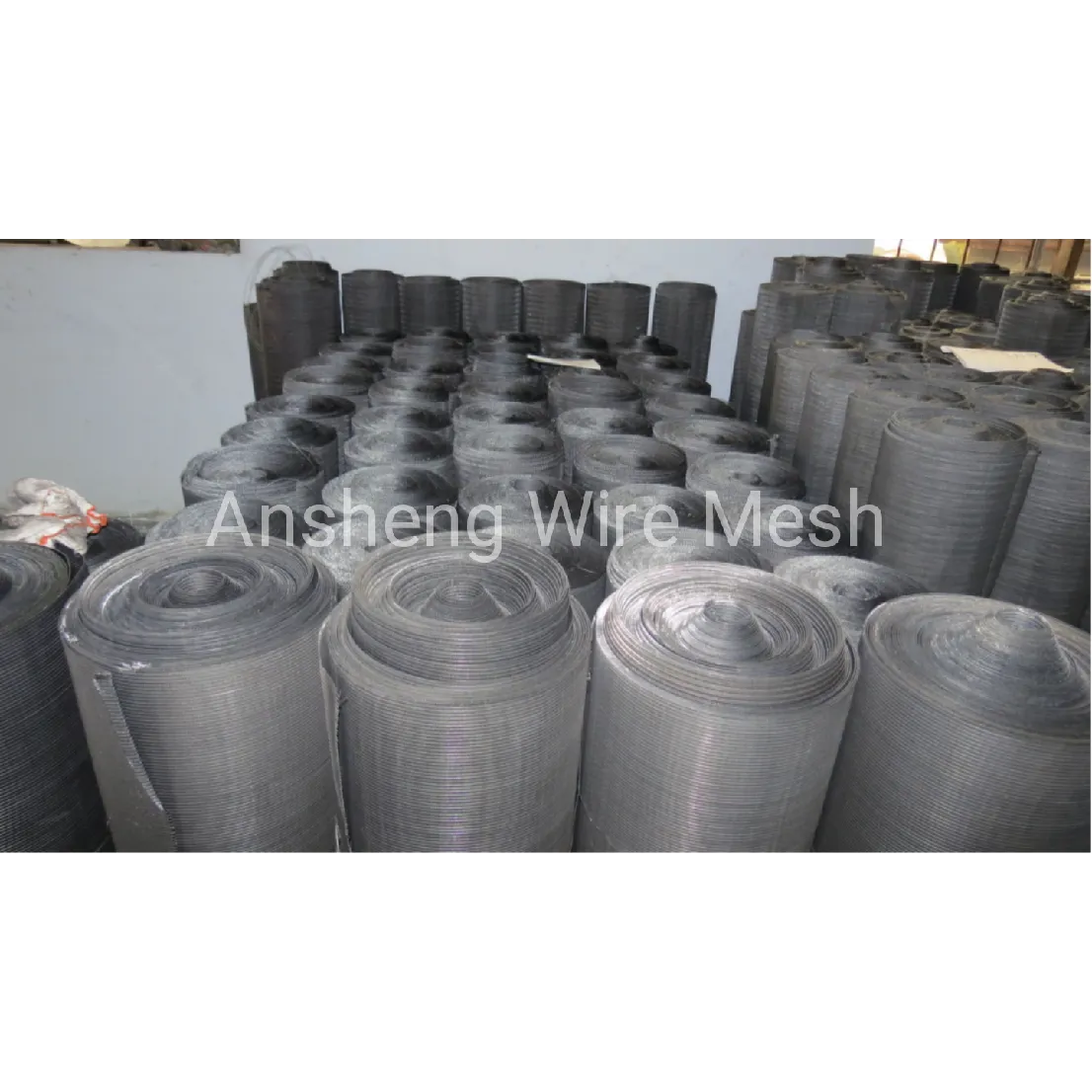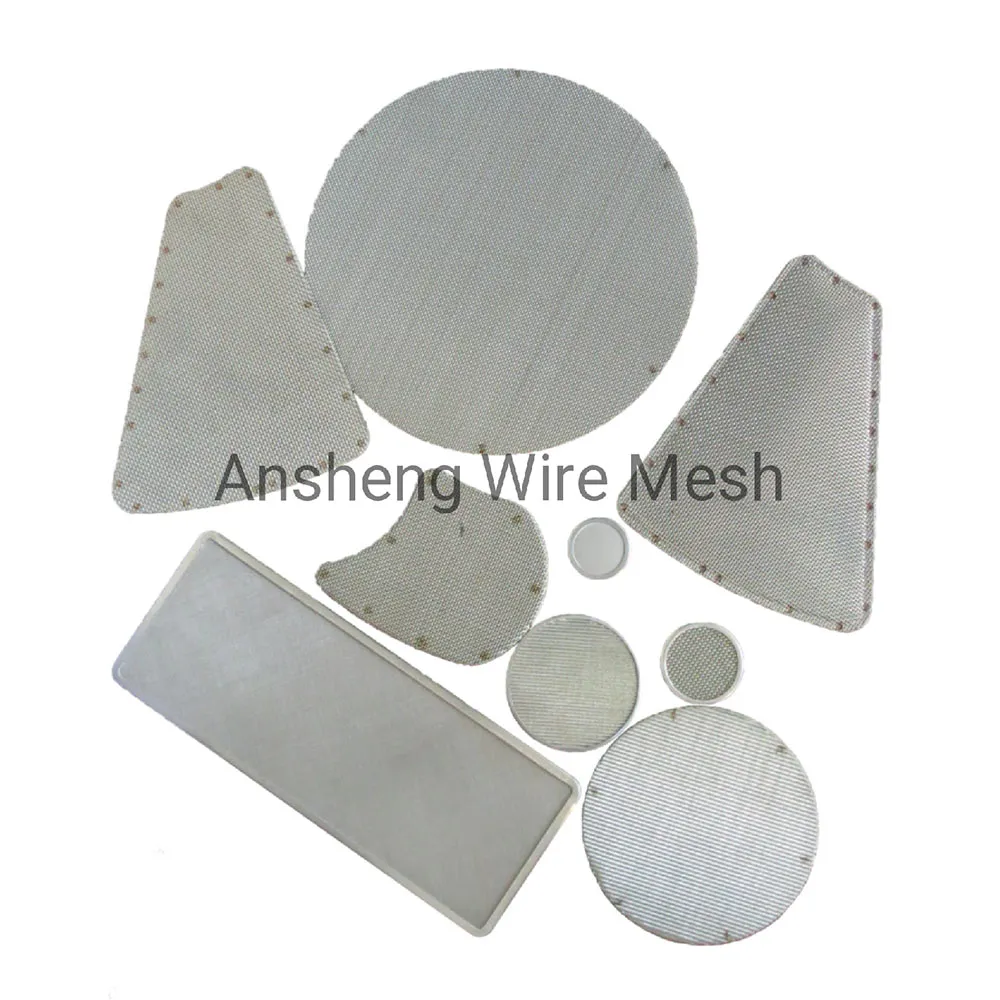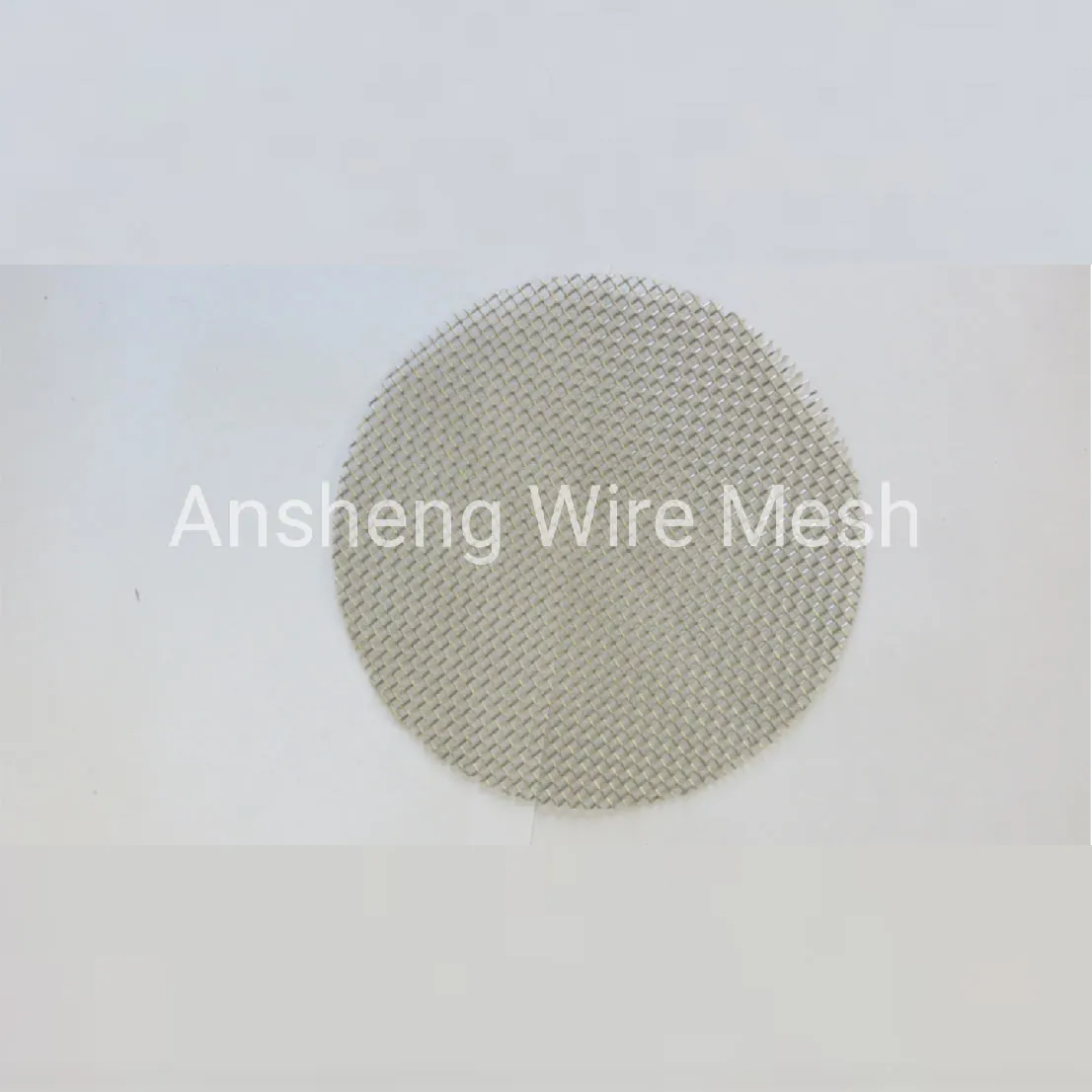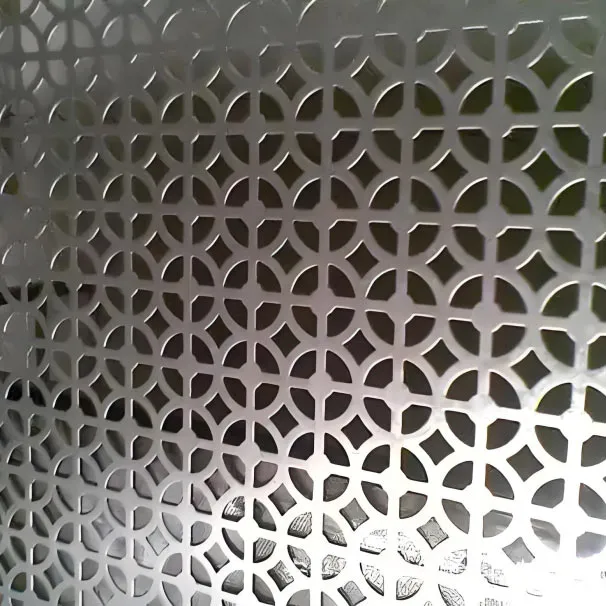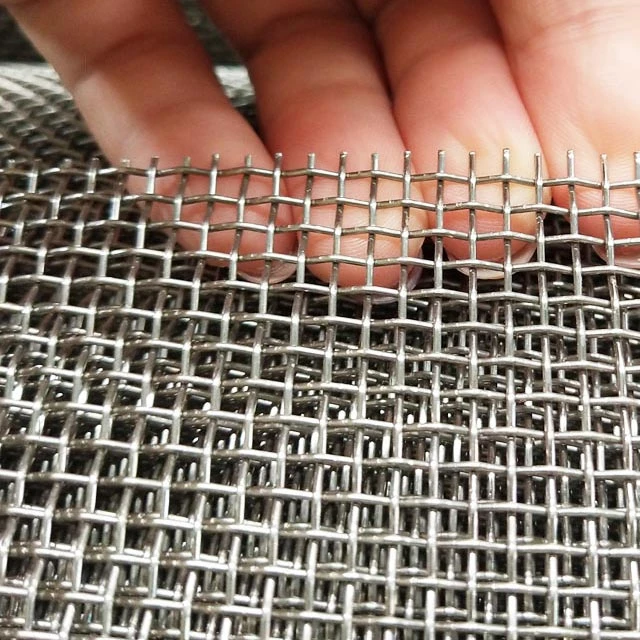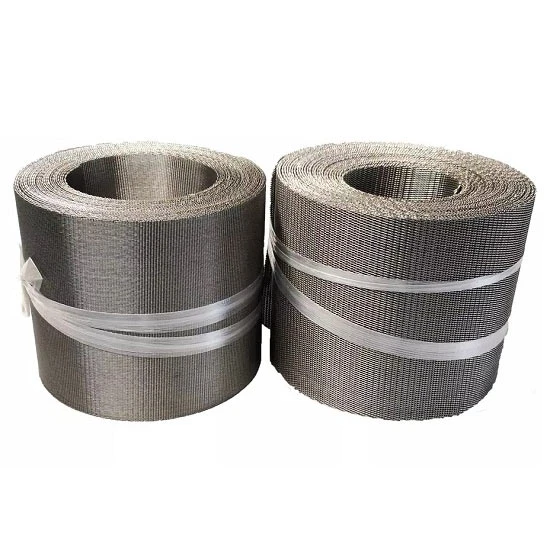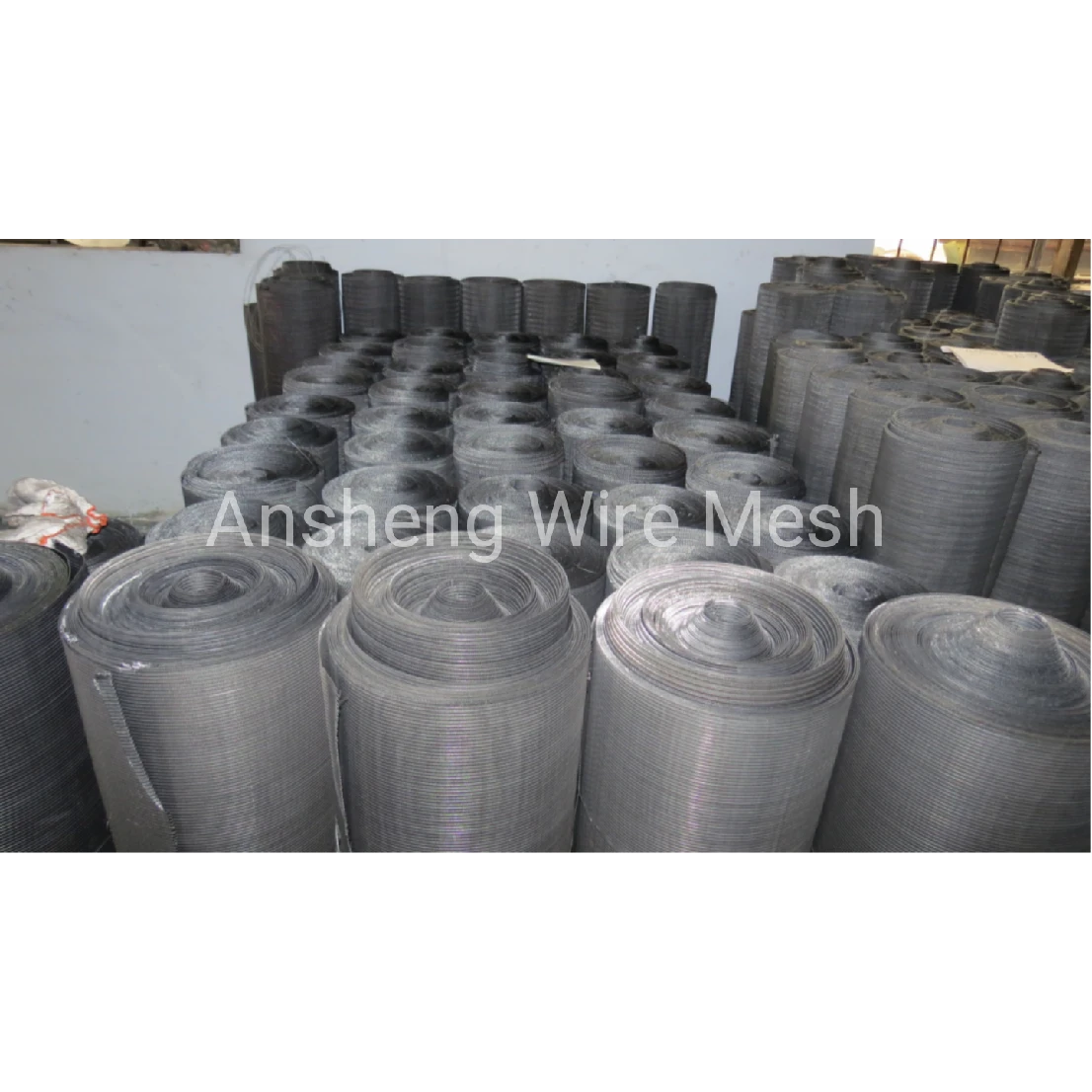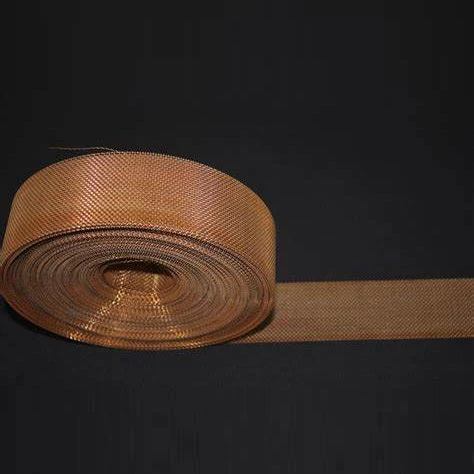Understanding the Value of SS Mesh Sheet in Modern Industries
Stainless steel (SS) mesh sheets might not be the first thing on your mind when you think about vital materials, but they quietly underpin a huge spectrum of industries around the world. From filtration in huge water treatment plants to protective barriers in construction projects, the ss mesh sheet plays a surprisingly crucial role. This article takes a closer look at what an SS mesh sheet is, why it matters globally, and how its unique properties shape everything from industrial efficiency to humanitarian relief efforts.
The Global Context of Stainless Steel Mesh Sheets
Globally, industries have pushed the demand for robust, corrosion-resistant materials that can withstand tough environments without breaking down or losing efficiency. According to the International Organization for Standardization (ISO), materials used in filtration and protection must meet exacting durability and safety standards — something SS mesh sheets do with aplomb.
With global infrastructure spending expected to hit trillion-dollar marks annually, the role of reliable components like ss mesh sheets gets bigger every year. Still, many companies wrestle with issues like contamination, corrosion, or rapid wear and tear of cheaper materials. Stainless steel mesh is a response to these problems — offering an elegant, long-term solution.
Mini Takeaway:
- SS mesh sheets are essential in industries requiring corrosion resistance and durability.
- Global infrastructure demands high-performance materials, boosting the need for stainless steel meshes.
What Exactly is an SS Mesh Sheet?
Simply put, a stainless steel mesh sheet is a flat plate woven or perforated from stainless steel wires and strands. The mesh size and wire diameter can vary enormously, depending on the intended use — from fine filtration screens to heavy-duty reinforcement meshes.
Why stainless steel? Because this alloy provides resistance to rust and chemical attack, along with mechanical toughness. In modern industrial applications and humanitarian contexts (think clean water access, disaster relief housing), such qualities are non-negotiable.
Mini Takeaway:
- SS mesh sheets combine stainless steel’s corrosion resistance with a flexible mesh design.
- The variation in mesh sizes makes them adaptable for many industrial and humanitarian applications.
Key Factors Defining SS Mesh Sheet Performance
Durability
Stainless steel has an inherent strength that resists wear and environmental decay. Whether it’s a mining site in Australia or a coastal desalination plant in the Middle East, the longevity of SS mesh sheets translates to lower replacement costs and fewer downtime headaches.
Corrosion Resistance
One of the most talked-about benefits is its resistance to oxidation and rust, thanks to the chromium content in stainless steel. This makes SS mesh sheets perfect for harsh environments such as chemical plants or marine applications.
Versatility
These mesh sheets can be tailored for different apertures and wire diameters, allowing precise control of filtration rates in water treatment or particle size screening in industries like pharmaceuticals.
Cost Efficiency
While the upfront cost may be higher than cheaper metals or plastics, the extended lifespan and reduced maintenance make SS mesh sheets a shrewd long-term investment. Many engineers attest that the “you get what you pay for” holds strongly here.
Ease of Maintenance
The smooth surface and resistance to contamination simplify cleaning — a key factor in food, pharmaceutical, and healthcare applications.
Mini Takeaway:
- SS mesh sheets combine excellent durability and corrosion resistance.
- Customizable mesh sizes and easy maintenance boost its utility.
- Higher initial costs are balanced by long-term savings and reliability.
Real-World Applications & Use Cases of SS Mesh Sheets
It’s funny how something seemingly simple like a mesh sheet appears in so many contexts:
- Water Treatment Plants: In both developed and developing nations, SS mesh sheets filter sediments and impurities, ensuring clean drinking water. For example, NGOs working in sub-Saharan African regions rely on these meshes for long-term water purification projects.
- Oil and Gas Industry: Used as screens in filtration systems to remove particulates from crude oil or wastewater streams. In the North Sea, operators demand heavy-grade SS mesh sheets due to extreme weather conditions.
- Construction & Safety: Reinforcing barriers and fencing mesh benefit from their strength and corrosion resistance at coastal and urban developments.
- Food Processing: The hygienic properties help maintain contamination-free environments in factories from Europe to North America.
- Disaster Relief & Humanitarian Efforts: In post-disaster housing and supply logistics, SS mesh sheet materials serve as ventilation components and security mesh, promoting safety and comfort.
Mini Takeaway:
- SS mesh sheets support industries from water purification to disaster relief.
- Their applications stretch globally, adapting to diverse environmental challenges.
Advantages and Long-Term Value of Using SS Mesh Sheets
Let's be frank: choosing materials is often a compromise between budget, durability, and the environment. Here, SS mesh sheets tick most boxes elegantly:
- Safety and Reliability: Resistant to corrosion and breakage, they help protect lives and assets.
- Environmental Sustainability: Stainless steel is recyclable and avoids harmful plastics, reducing ecological footprints.
- Cost-Effectiveness: Fewer replacements, less downtime, and reliable performance add up to savings.
- Trust and Innovation: Many leading industries adopt SS mesh sheets for advanced filtration and screening solutions, fueling ongoing improvements.
Product Specification Table
| Parameter | Specification | Typical Application |
|---|---|---|
| Material | 304 or 316 Stainless Steel | General industrial, marine, food grade |
| Mesh Size (aperture) | 5 to 200 mesh | Filtration, particle screening |
| Wire Diameter | 0.1 mm – 3 mm | Varies by strength and filtration needs |
| Sheet Thickness | 0.3 mm – 5 mm | Structural and screening applications |
| Finish | Polished, unpolished, passivated | Hygienic or decorative use |
Vendor Comparison: Leading SS Mesh Sheet Suppliers
| Vendor | Mesh Range | Material Grades | Customization | Lead Time |
|---|---|---|---|---|
| Ansheng Filterscreen | 5 to 250 mesh | 304, 316, 316L | Full customization available (link) | 2-4 weeks |
| GlobalSteel Mesh Co. | 10 to 150 mesh | 304, 316 | Standard sizes only | 4-6 weeks |
| MetroMesh Industries | 20 to 100 mesh | 304, 316L | Custom cuts and coatings | 3-5 weeks |
Future Trends and Innovations in SS Mesh Sheet Technology
Oddly enough, even though the concept of mesh sheets is centuries old, there's a wave of innovation happening right now. Advances in micro-fabrication and nanotechnology are enabling ultra-fine filtering meshes with unprecedented precision. Some engineers are integrating smart sensors embedded into stainless steel meshes to monitor contamination in real time.
Environmental sustainability is driving research into recyclable and lower-carbon footprint manufacturing methods for SS meshes. Automation in production lines is reducing defects and increasing scalability, which means the costs should come down—finally making top-tier materials more accessible worldwide.
Challenges and How the Industry is Addressing Them
It’s not all rosy, though. One persistent challenge is balancing strength and flexibility — sometimes the mesh needs to be both rigid enough for structural uses and flexible enough for wrapping or complex shapes. Also, cutting or welding stainless steel mesh sheets can be tricky and requires specialized equipment.
Another hurdle is shipping costs: SS mesh sheets can be heavy, and international logistics add complexity. Some vendors now work with regional warehouses or offer modular bundle kits to ease transport and installation.
Frequently Asked Questions About SS Mesh Sheet
- What specifications should I look for when choosing an SS mesh sheet for filtration?
- Focus on mesh size or aperture, wire diameter, and material grade (304 vs. 316). Higher mesh numbers correspond to finer filtration. Also consider corrosion resistance based on your environment. 316 stainless steel offers better resistance in marine or chemical exposure.
- How can I ensure an SS mesh sheet lasts longer in harsh environments?
- Maintenance is key: regular cleaning to prevent residue buildup, choosing passivated or polished finishes to reduce corrosion, and selecting the right grade of stainless steel based on expected exposure conditions.
- Is it possible to customize SS mesh sheets for unique industrial needs?
- Absolutely. Vendors like Ansheng Filterscreen offer tailoring by mesh size, wire diameter, sheet size, and finishing so they fit exact project requirements.
- Can SS mesh sheets be recycled or reused?
- Yes, stainless steel is highly recyclable without losing quality. Many facilities reclaim SS mesh sheets at end-of-life, reducing waste and supporting sustainability initiatives.
- What industries benefit most from SS mesh sheet technology?
- Water treatment, oil and gas, food processing, construction, and disaster relief all rely heavily on stainless steel mesh sheets for their durability and performance.
Wrapping Up: Why SS Mesh Sheets Are Worth Considering
Looking at the long-haul benefits, SS mesh sheets offer a unique combination of durability, versatility, and environmental friendliness. Whether you’re setting up a water filtration plant in a developing country or protecting delicate electronics in harsh settings, the right stainless steel mesh makes a silent but steadfast partner.
If you’ve been wondering where to get high-quality, customizable SS mesh sheets, check out Ansheng Filterscreen for options that span industries and global demands.
References
Post time: Nov . 18, 2025 05:00
